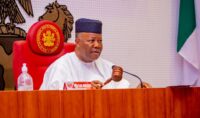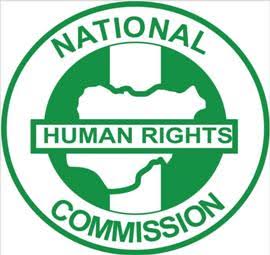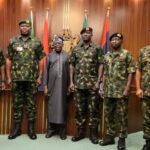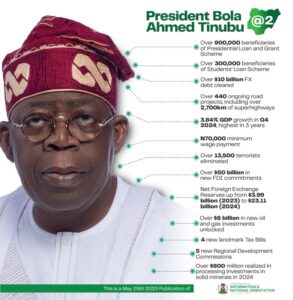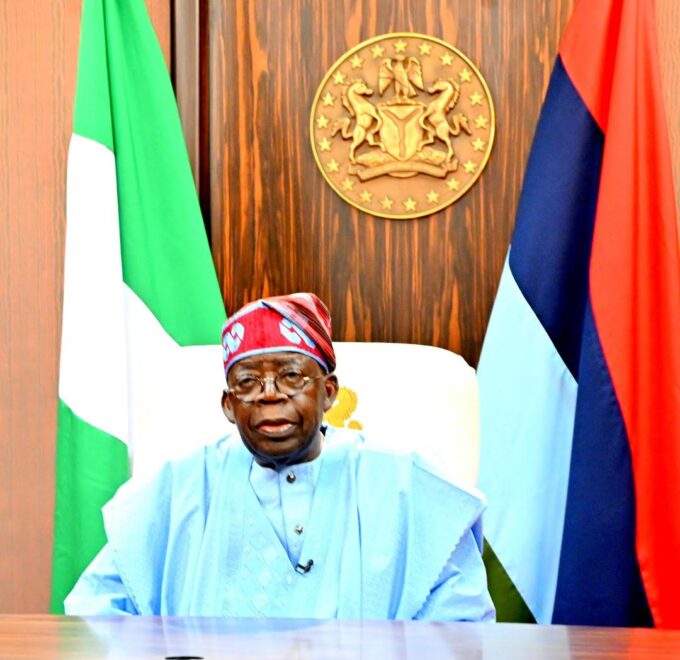The Executive Secretary of National Human Rights Commission (NHRC) Dr Tony Ojukwu, SAN, on Monday disclosed that the commission received a total of 371,622 complaints of human rights violations in September, with the North-Central geopolitical zone leading the list.
Ojukwu, who made this disclosure on Monday in Abuja at the presentation of the 2025 September Dashboard report, explained that every month this platform allows an honest look at the state of human rights in Nigeria.
“Not merely as figures or trends, but as reflections of lost lives and shirked liberties.
“In September, the commission received a total of 371,622 complaints on human rights violations from across our state offices.
“These complaints cover violations such as denial of access to justice, unlawful arrest and detention, domestic and sexual violence, torture, and discrimination, among others.
“As always, our offices across the country have worked diligently to investigate, mediate, and where necessary, refer cases for further action,” he said.
While stating the observatory provided a broader view of emerging patterns of abuse nationwide. Ojukwu, said the September observatory reveals persistent and evolving threats to human rights across all six geo-political zones.
“The North-Central recorded the highest number of incidents, mainly linked to banditry, kidnapping, and road accidents.
“The North-West and North-East followed closely with cases of terror attacks, abductions, and sexual violence.
“The Southern zones experienced a mix of domestic violence, police abuses, mob actions, and fatal road accidents. Overall, violations of the right to life accounted for the majority of incidents, reflecting the toll of insecurity and preventable violence in our country.
“Among the states most affected in September were Niger, Kwara, Plateau, Kogi and Borno, each reporting multiple layers of violence and insecurity,” he said.
On the issue of talks on religious genocide, Ojukwu said, “We are ready to lead in this conversation and we call on government, non-state actors, and international development partners to join us in this regard.”
Ojukwu used the opportunity to thank their state offices, partners, civil society allies, and media, among others.
He further extended appreciation to the United Nations Development Programme and the Office of the High Commissioner for Human Rights for their support through the Tripartite Partnership Programme.
“We also appreciate the Royal Norwegian Government for its support to the TPP programme.”
Presenting the dashboard and observatory reports, Mr Hilary Ogbonna, senior human rights adviser and project coordinator, said the North-Central recorded 153,967 of the 371,622 complaints received in September.
The North-West followed with 73,167; North-East, 69,973; South-East, 46,409; South-South, 14,144; and the least, South-West, 13,962.
Ogbonna lamented violations of children’s rights, such as child abandonment and child labour.
“Child labour has become a major aspect of our violation of children’s rights.
“Some say it is a result of the economic situation in the country; children are forced to engage in economic activities, but remember that we are a nation of laws.
“It is not just a national law; it is customary international law that children should not be subjected to inhuman and degrading treatment,” he said.
He lamented complaints of 336 killings, 361 kidnappings, and 144 deaths by accident.
He also drew attention to a new terror group in Nasarawa State called Wulowulo, which should be checked or it will degenerate into a bigger threat.
Ogbonna highlighted the increase in religious genocide, particularly the killings in the two northern zones.
“If people cannot exercise their right to practice religion peacefully and in dignity, then we are losing the most important fabric of our lives,” he said.
According to him, the commission completed investigations in 6,819 complaints and visited police stations, correctional centres, and detention places 144 times.
The commission issued 79 summons and letters to Nigerian police and visited military formations three times during the period under review.



